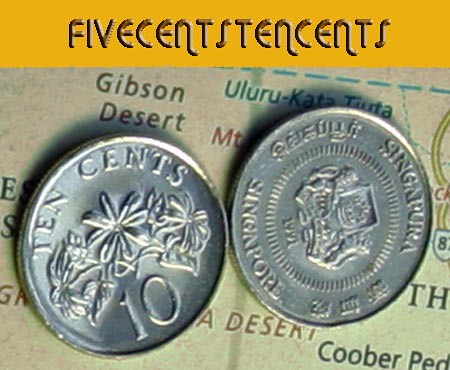How do you ride an inflationary tiger?

You are are facing an unprecedented sea of price increases ever since the onslaught of the 2% GST increase in 2007. This innocuous increase at a time when the Singapore economy was booming was followed by high oil prices, inflationary pressures from the property market as well as increases in Government fees and charges. Shortages in global commodities coupled with hikes in the bus fares as well as the impending extension of the Electronic Road Pricing (ERP) system and a consequent increase in ERP charges means that the savings in our banks are being eroded away by the 4-5% inflation rate.
To make matters worse, most banks have steadily reduced the interest they pay on time deposits or fixed deposits to an average of around 1 to 1.5% per annum. Equity markets have also been battered by subprime problems in the US coupled with the fear of recession hitting the US.
What can you do as a consumer, an investor, a person trying to make ends meet and survive in modern Singapore?
Life simply
Inflation hits you most when you have to spend on goods and services whose prices have increased relative to your income. You need to buy and consume daily necessities. Utilities, transport, food and shelter you cannot do without. But what you can do is to control how much you consume, especially for those goods and services that are discretionary in nature and where you can reduce or made do with other alternatives.
One of the key themes in this blog is an effort to focus on keeping things simple. Human beings like to make things more complicated than necessary. I do that ALL the time! :-) But I found out that the most useful thing you can do to fight this inflationary tiger is to remember one of the key tenets in our journey towards financial freedom, i.e. to live within your means.
Living within your means
We are limited by our means whether you like it or not. If you can increase your means you can then afford to increase your consumption. But if your means does not increase but the prices of goods and services that you consume increases leading to inflation, then you need to consider how you can maintain or even reduce your consumption to a level within your means.
Does this mean literally eating bread every day and scrimping and saving every cent? Does this mean starving ourselves and neglecting that visit to the dentist?
What it means is for you to examine your lifestyle and to ascertain if you can cut away some frills. Perhaps it is about delaying that purchase of a nice handbag until your next bonus. Or it is to go to a nearer place for your vacation instead of going to a long-haul destination in the US or Europe.
Some you us have already cut down on many frills and are literally living hand to mouth, how can we further simplify? I have no ready answers for that. Each of you have to do what you think is within your power to live within your means. For me, it has meant having the same handphone for 2+ years. It has meant going to Sentosa for a 2 night stay instead of travelling overseas for my annual vacation. It has also meant taking rolled oats for breakfasts on Mondays to Fridays which is both nutritious and value-for-money.
Find your own way
Living within your means and simplifying your life can be achieved. You have to find your own way of doing this. Zen Habits and Life hack are two websites that I regularly visit to get my dose of simplifying my life. While these two sites do not explicitly touch on saving money but if you practice many of the recommendations you will find that the tips also help you save money and live within your means.
Simple living is attainable and achievable. It doesn't mean you have to sacrifice the quality of your life, but it may mean giving up on some quantity of things that do not matter in the bigger scheme of life.
Be well and prosper.
















